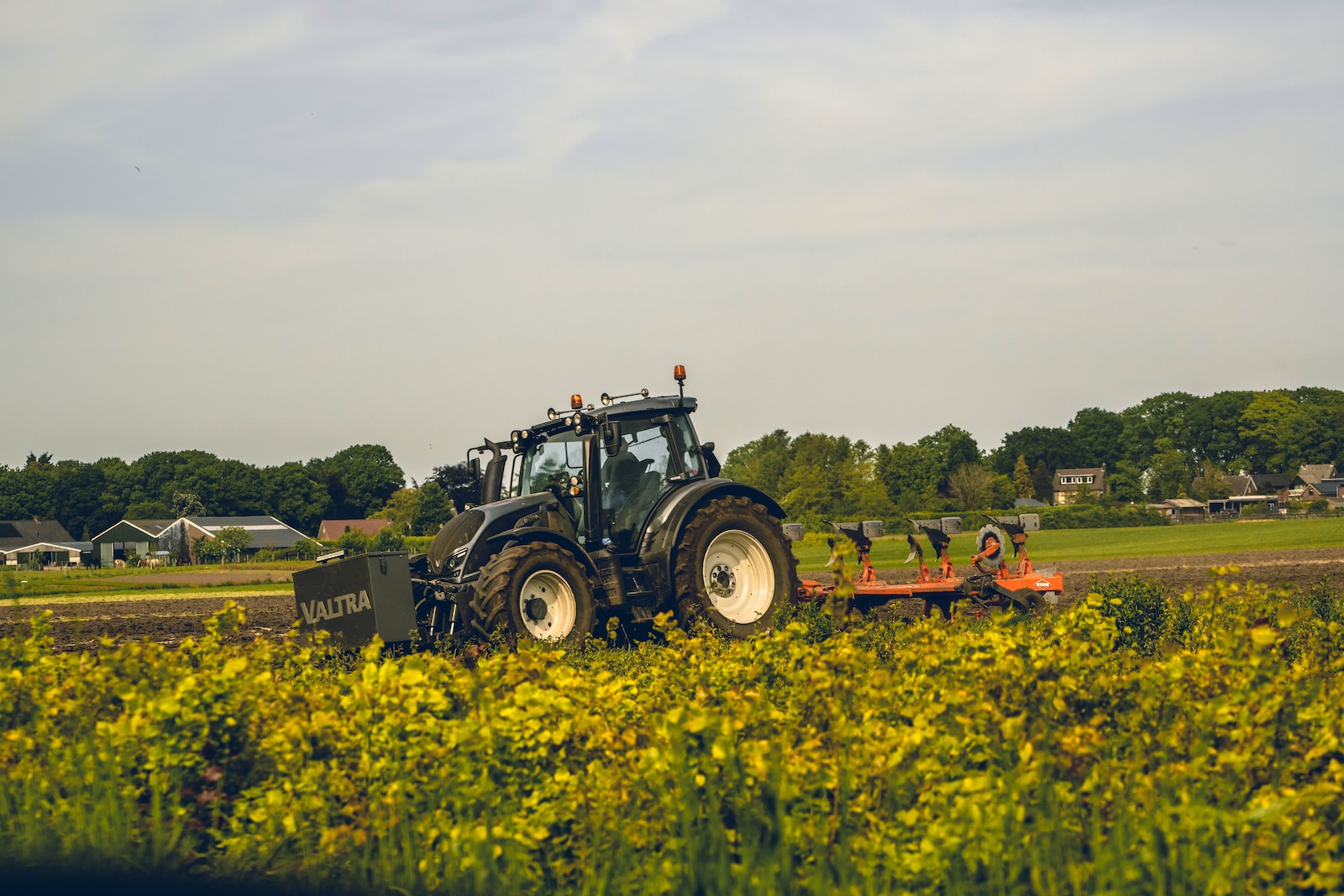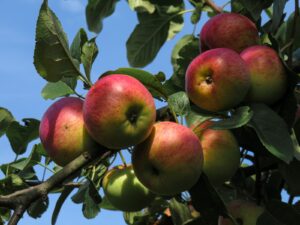Sustainable farming plays a crucial role in eradicating rural poverty and ensuring food security. By adopting agroecological practices and fostering farmer cooperatives, we can transform rural livelihoods and create a more sustainable future. In this article, we will explore the impact of sustainable farming on rural communities and delve into various agroecological practices that drive positive change.
The Impact of Sustainable Farming on Rural Livelihoods
Sustainable farming practices bring numerous benefits to rural communities, including increased income generation and improved food security. This will directly help to combat poverty.
Increased income generation
Diversification of crops and livestock is a key strategy in sustainable farming. By growing a variety of crops and raising different types of livestock, farmers can tap into multiple revenue streams. This not only reduces the risks associated with relying on a single crop but also provides opportunities for market diversification. Farmers can access fair markets and value chains, enabling them to fetch better prices for their products.
Improved food security
These farming practices enhance food security by increasing crop yield and building resilience to climate change. Agroecological practices such as organic farming, permaculture, and agroforestry promote soil health, biodiversity preservation, and efficient resource utilization. These practices ensure that farmers can produce a diverse range of nutritious food, reducing the vulnerability of rural communities to food shortages.
Agroecological Practices for Sustainable Farming
To achieve sustainable farming, several agroecological practices can be implemented.
Organic farming
Organic farming involves avoiding synthetic inputs such as chemical fertilizers and pesticides. By relying on natural methods, farmers can improve soil health, minimize environmental pollution, and produce healthier crops. Organic farming also promotes biodiversity preservation, as it avoids the use of chemicals that harm beneficial organisms.
Permaculture
Permaculture is a design system that mimics natural ecosystems and patterns. By observing and utilizing nature’s principles, farmers can create sustainable and self-sufficient farming systems. Permaculture focuses on efficient use of resources, minimizing waste, and enhancing biodiversity. This approach not only benefits the environment but also maximizes productivity and resilience.
Agroforestry
Agroforestry involves combining trees, crops, and livestock in a harmonious manner. Trees provide shade, animal fodder, and timber, while their roots enhance soil fertility and prevent erosion. This integrated approach improves crop yields, regulates microclimates, and contributes to carbon sequestration. Agroforestry systems are particularly beneficial in areas prone to drought or extreme weather conditions.
Farmer Cooperatives as Catalysts for Sustainability
Farmer cooperatives play a vital role in promoting new farming practices and empowering rural communities.
Strengthening collective action
By pooling resources, knowledge, and expertise, farmer cooperatives enable small-scale farmers to access training, capacity building, and advanced agricultural techniques. Sharing resources and collaborating allows farmers to tackle common challenges together, promoting sustainable farming practices at a larger scale.
Empowering small-scale farmers
Farmer cooperatives provide small-scale farmers with collective decision-making power and bargaining strength. By selling their products collectively, farmers can negotiate fair prices and access better markets, including fair trade opportunities. This empowers farmers to improve their income and invest in renewable farming practices. And digital platforms now enable farmers to cooperate with other farmers from around the world.
Case Studies of Successful Sustainable Farming Initiatives
Real-world examples demonstrate the positive impacts of improved methods of farming on rural livelihoods.
Farmer cooperatives in developing countries
In countries like India and Kenya, farmer cooperatives have transformed rural communities by improving livelihoods and fostering community development. By adopting sustainable farming practices and accessing fair markets, farmers have achieved financial stability and food self-sufficiency.
Sustainable farming practices in developed countries
Developed countries have also seen success in their initiatives. Urban agriculture projects, such as rooftop gardens and vertical farms, bring fresh produce to urban areas while reducing the carbon footprint of food production. Partnerships between farmers and consumers, such as community-supported agriculture (CSA) programs, promote sustainable farming practices and strengthen the connection between food producers and consumers.
Conclusion
Sustainable farming is a powerful tool in eradicating rural poverty and ensuring food security. By adopting agroecological practices and fostering farmer cooperatives, we can transform rural livelihoods and create a more sustainable future. Professionals working in agriculture and food production must embrace these practices to contribute to a world where sustainable farming is the norm. Together, we can build resilient communities and ensure a prosperous future for all.













